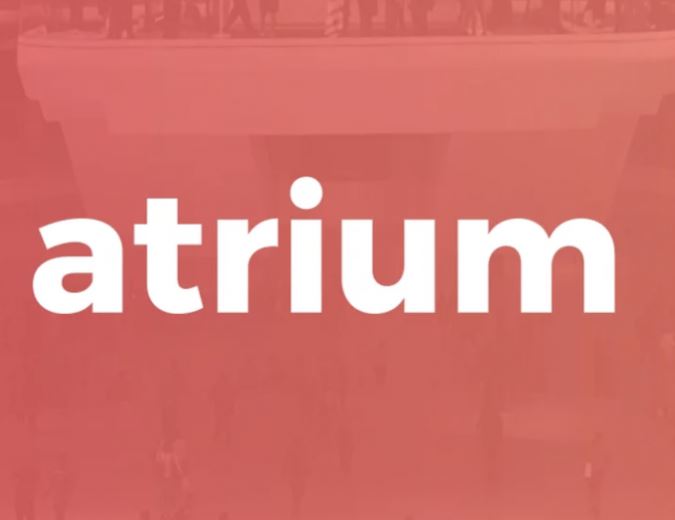Atrium, a legal tech company, was closed. Founded by Twitch founder Justin Kahn, the company attracted famous venture investors such as Andressen Horowitz and raised $75.55 million (about 89.3 billion KRW).

The atrium is reportedly closed due to failure to replace existing legal services. “Thanks to the clients, investors, and members of the atrium team,” said Justin Kahn on Twitter on the 5th. “It didn’t work out as planned, and it’s all my responsibility.” He also mentioned that “some of the investment funds will be returned to investors.”
Atrium emerged in 2017 with a service that can revolutionize the existing legal market. Atrium, a hybrid tech company that combines law firms and software firms, has come up with services that let the computer do the legal chores, while the lawyers focus on solving client problems.
It digitizes legal documents and builds apps to quickly solve problems such as fundraising, contracts, share distribution, and hiring issues. For example, it automatically converts startup funding data into an accelerator cap table.
The fact that it has automated expensive legal personnel alone has attracted attention. Attorneys pay an hourly fee. If time is saved through automation, the cost of the client is reduced, so the growth potential of the early atrium was high. Investors who bought Twitch’s growth story and Khan’s ability to sell the company for $1 billion were struggling to invest in the company. In 2018, the atrium raised $65 million with a 16z lead, joined Andrew Chan as a board member, Mark Anders as a board observer, and actor Ashton Kutcher’s sound venture also participated in the investment round. Overturning this growth, Atrium also established fintech and blockchain sectors.
Atrium has unveiled a software’Record’ that allows you to track legal documents and check documents for hiring in Dropbox style. The Atrium decided that this would not mean that lawyers would have to waste time searching through emails and finding files. However, while hiring an attorney is expensive, software has failed to replace many of the attorney’s jobs and make a profit. Atrium sold software packages and legal services bundled as a subscription service, and charged additional fees for acquisitions and the like.
Atrium attempted to pivot in January. To fire the company’s lawyer and focus on software startups to make a profit. However, as some of the fired lawyers became independent and took out the company’s clients, the company’s growth momentum ceased. As the departments associated with lawyers disappeared, more layoffs followed, leading to a vicious cycle.
Instead of walking hard for a long time, Khan decided to close the company. The software division of the atrium will be closed and the lawyer division will operate independently.

